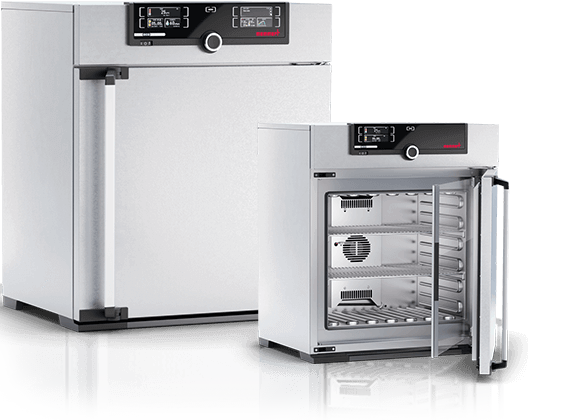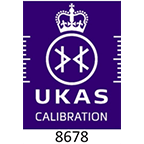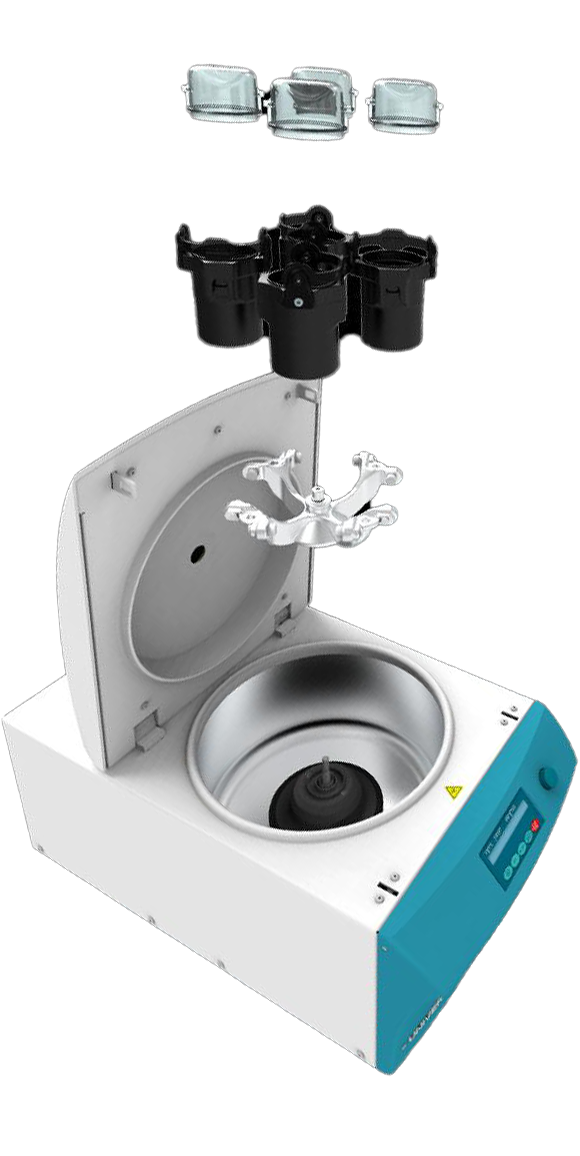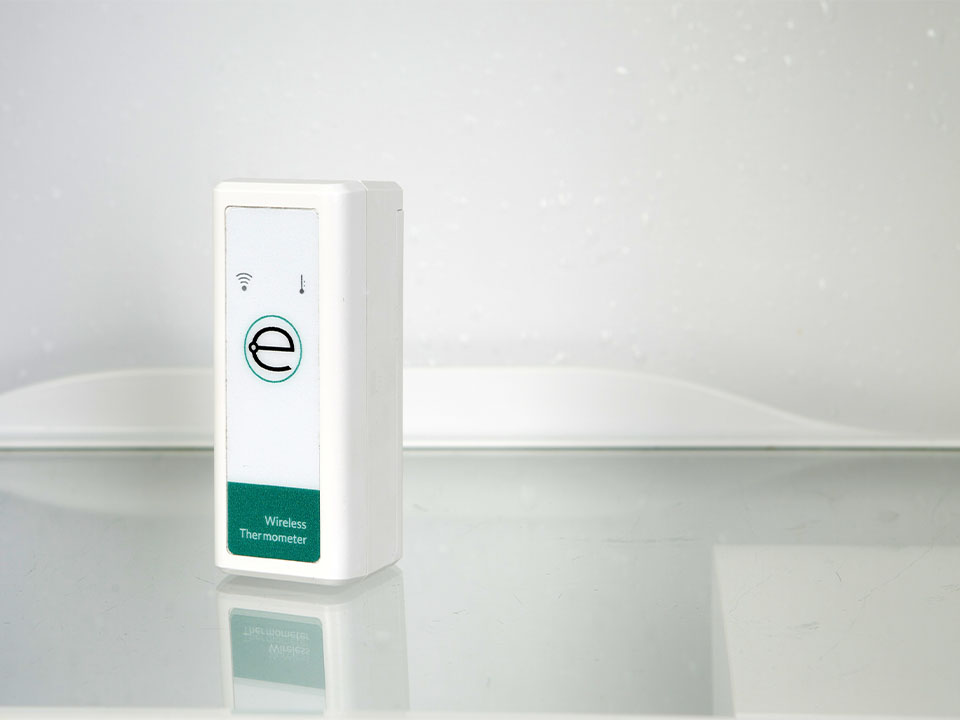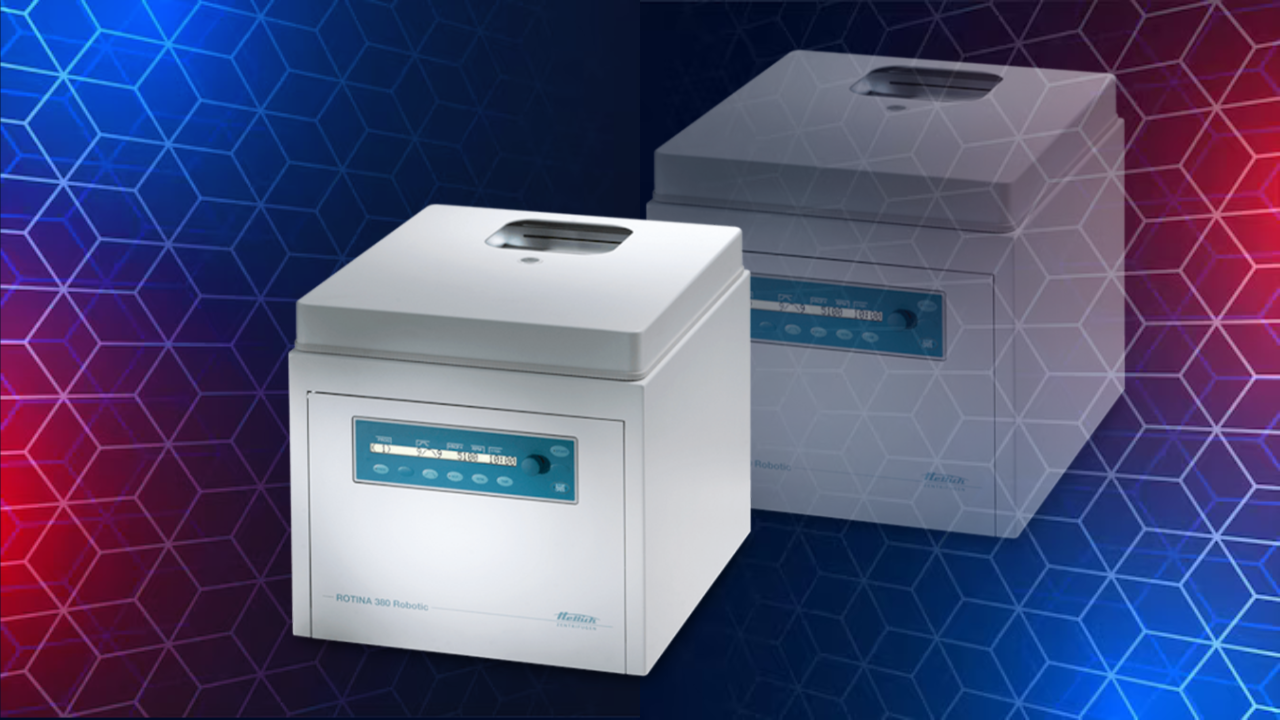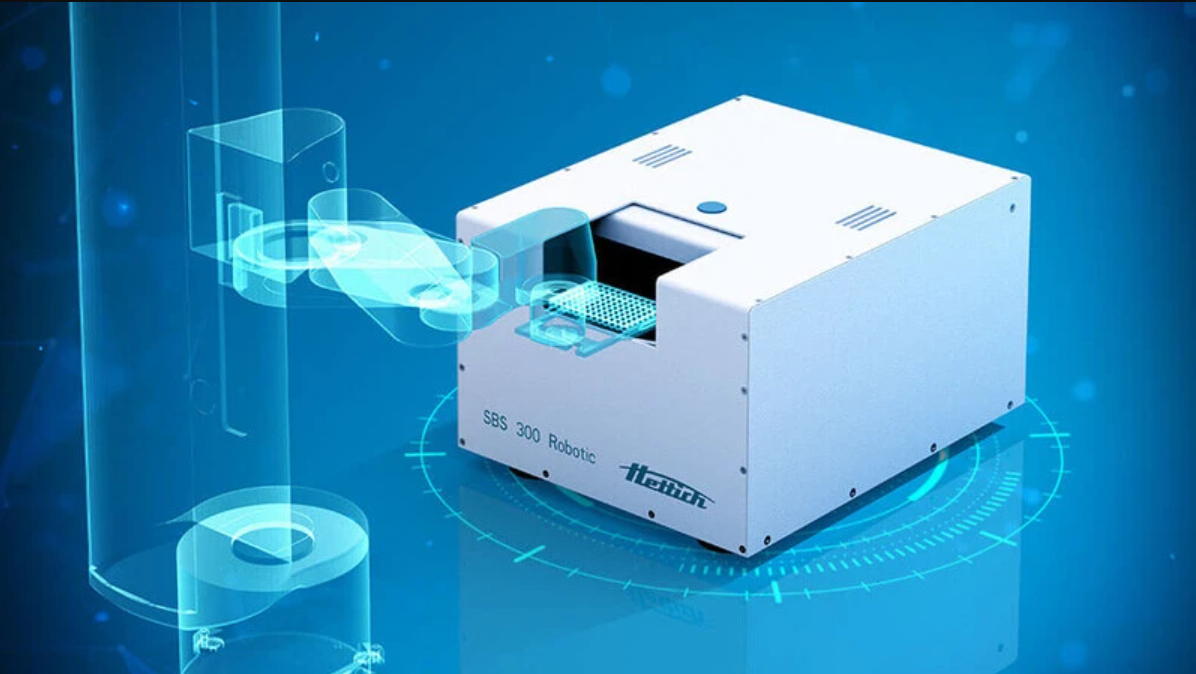With so many different temperature monitoring solutions available, it can sometimes be hard to know which one is right for you. In this month’s blog we compare the Eupry WiFi temperature monitoring solution with the Tutela Genesis 3 system.
The two systems explained
Both the Tutela Genesis 3 and the Eupry temperature
monitoring system are wireless and both use the internet as a platform for
accessing the data (i.e. they are both cloud based). This means that users can
access the data on any tablet, smartphone or PC from any location in the world.
However, the Tutela system additionally uses a hub, known as WARP. This is essentially a display panel where you can view all vital information in a single glance. All the data loggers will communicate via the WARP. This is especially useful in busy laboratories where the users want to view what is happening at any given time, without having to log into a portal via a PC or tablet.
Conversely, the Eupry system does not use such hardware as
WARP. Nevertheless, Eupry can offer users customised dashboards which can be
displayed via a TV monitor. This means that vital information can be seen at a
glance much like the Tutela Genesis 3 system but without the additional hardware
cost.
Ease of use- Tutela Genesis 3 vs Eupry
The Eupry temperature monitoring system is designed to be incredibly easy to use. Eupry purposely avoid trying to be all things to all men (or women!). This is because users would just have access to a ton of features that he or she will never use. The Tutela Genesis 3 system is very sophisticated. There are an awful lot of different features available which can help you comply with even the most scrupulous of external audits. However, this can also make the system quite confusing to use. This means that often users need to be trained on how to use Tutela’s system. Conversely, the Eupry system is so easy to use that very little, if any training is required of the user.
Receiving alerts
Eupry currently alert customers by email and SMS text. The
Tutela Genesis 3 system also does this. However, users will also receive a
phone call from a real person in a call centre. This is especially useful in laboratories
where the mobile phone network coverage is poor or in areas which are noisy and
so a text message may not be heard. Indeed, some users will be spending most of
their day carrying out hands-on, clinical duties rather than sitting at a desk
checking their emails. It is for these reasons that a physical phone call is
vital.
Eupry currently do have plans to introduce a phone call alert by the end of 2019. However, the Eupry system will be an automated phone call, whereas the Tutela Genesis 3 system will be a real person that calls you.
Of course, the fact that a real person calls you instead of
an automated message, adds additional cost to the Tutela Genesis 3 system.
Compliance
Both the Tutela Genesis 3 and Eupry system comply with ISO 17025 and can fully meet the needs of the FDA CFR Part 11. As already mentioned the Tutela system is very sophisticated in it’s design and features. This means that if the user has particularly high-level requirements, then the Tutela system is probably more suitable.
Calibration
One key difference between the two systems is seen with how the two systems handle annual calibrations. This is an ongoing cost which often gets overlooked at time of purchase. Eupry will exchange each logger ever year for a freshly calibrated new one. Whilst Tutela will send an engineer out to your site to perform a calibration. Having an engineer on-site to carry out the calibration can lead to downtime and also adds to the overall running costs.
Pricing- Tutela Genesis 3 vs Eupry
Whilst the Tutela system is very sophisticated, it also comes with a hefty price tag. The Tutela Genesis 3 system is designed to handle all aspects of temperature monitoring and thus it is very sophisticated. Furthermore, the system uses a 24/7 call centre to alert you if temperatures fall outside predefined thresholds. All this comes at a price and it may be a bit too much for some users.
Other key differences to consider
Although both systems use a cloud-based system, the Tutela Genesis 3 temperature monitoring system additionally uses an in-built N3 (also known as HSCN) connection. This is particularly useful for NHS trusts that want to communicate via different hospital sites.
In case of loss of connection the Tutela Genesis 3 system
will continue to store data for up to 7 days. With the Eupry system, it is 20
days.
Typically, Tutela Genesis 3 users will need to upgrade their
hardware every 7 years. Whilst Eupry users will receive a new logger every
year, meaning the hardware never ages.
Tutela Genesis 3 vs Eupry Conclusion
Whilst both systems are good in their own way, there is no
denying that the Eupry system is much simpler and easier to use. The Tutela Genesis 3 system really comes into
its own for customers that want a highly sophisticated system with a lot of
traceability. It is for this reason that the system is usually popular is blood
banking departments for example.
However, for people that want a simple, cost effective
system that will just alert them if there is a problem, then Eupry really is
the only choice.
If you would like more information about the Eupry temperature monitoring system or you would like a quotation, please contact our team either by calling 020 8663 4610 or emailing us at info@henderson-biomedical.co.uk.
